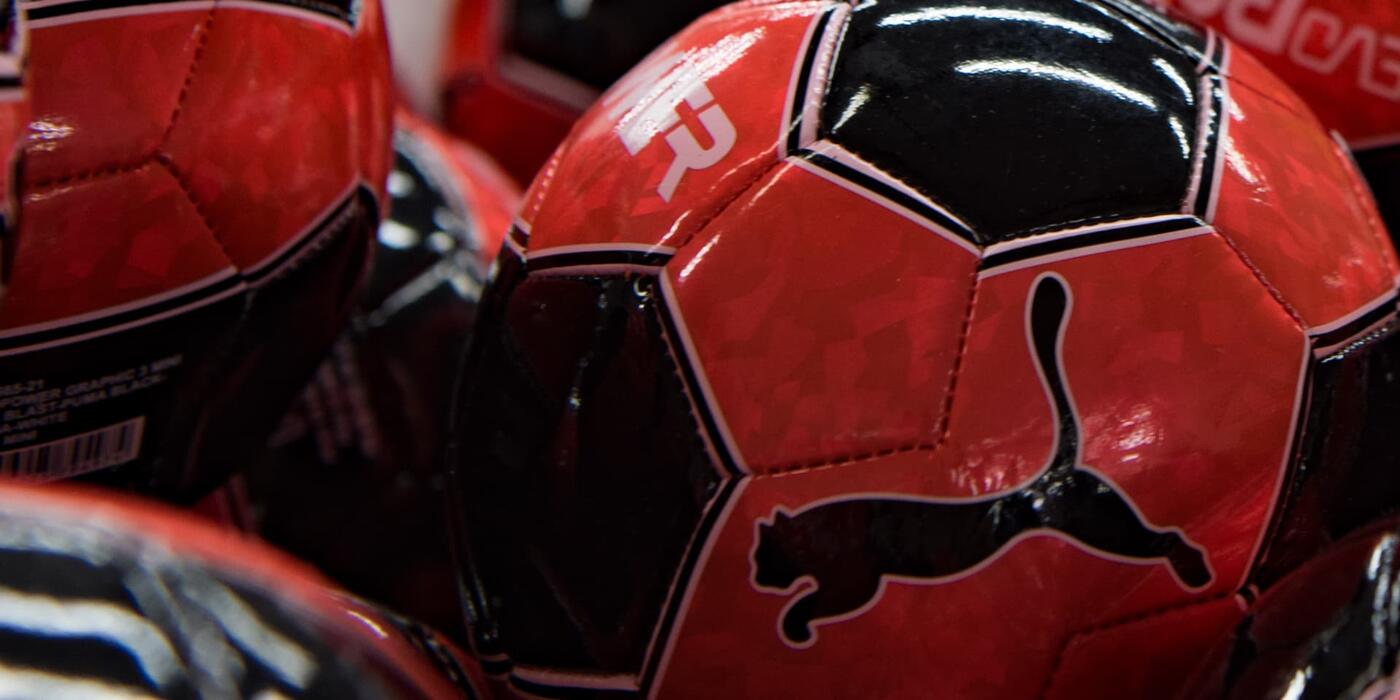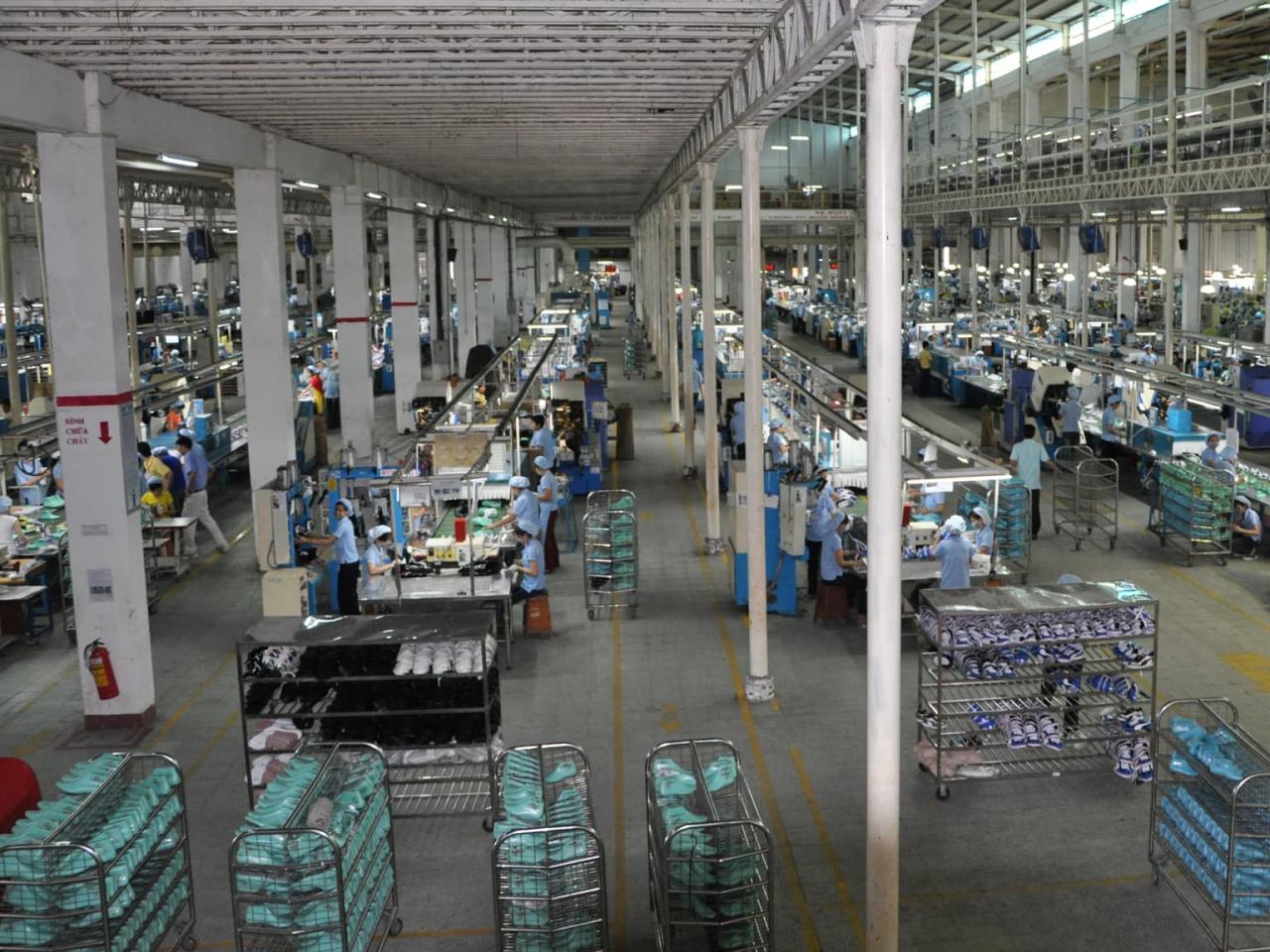Human Rights
At the heart of our sustainability strategy is our respect for human rights. As a core principle of our Code of Conduct, this affects us and all players of our supply chain. There, we have identified the high-risk areas that need to be addressed.

Involved Players
During the financial year 2024, PUMA International Trading GmbH (PIT) purchased from 153 independent suppliers in 28 countries worldwide. Asia was the strongest sourcing region overall with 94% of the total volume, followed by the Americas with 3% and EMEA with 3%. PUMA discloses 316 T1 factories (product manufacturers) representing around 88% of our apparel, footwear and accessory products business volume and 56 core T2 factories (material, component manufacturers) representing around 68% of our business volume.
Our Suppliers
{{city}}. {{country}}
PUMA also collaborates with the Open Supply Hub, an open-source map and database of global apparel facilities. We disclose our factory list with the factory name, address, product category and headcount on the Open Supply Hub platform.

Social Compliance
To make sure that our suppliers play along with our strict standards for working, social and environmental conditions, our PUMA Team and external partners audit the facilities on a regular basis.
Our Standards
Code of Conduct
Since 1993, PUMA’s Code of Conduct has set clear standards. PUMA’s supply chain partners agree to adhere to our Code of Conduct as soon as they enter a purchasing contract with us.
